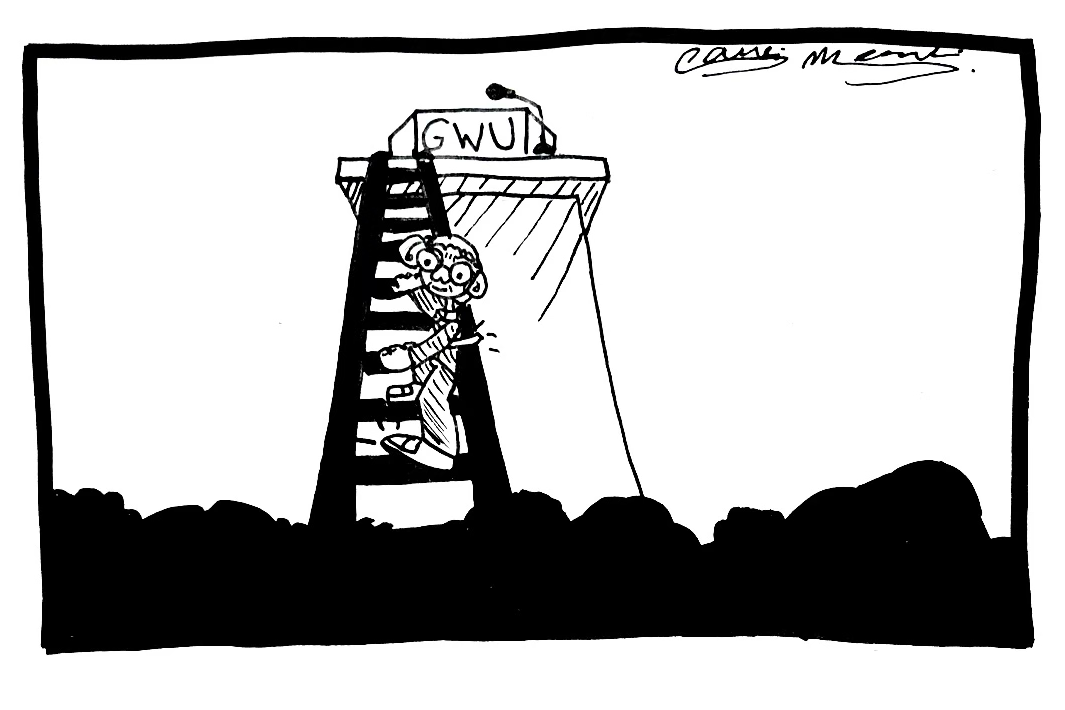Students have grown used to scrolling down their Twitter feeds to find late-night posts by the president of the United States. Despite rampant exclamations, misspellings and ad hominem attacks, the posts tend to blend together. But earlier this month, students saw something they aren’t used to – our school and academic integrity being directly challenged in an early-morning tirade by the president.
A series of tweets posted by President Donald Trump earlier this month suggested that a study that calculated Hurricane Maria’s death toll was some kind of political ploy by the Democratic Party to make him “look bad.” Trump went on to suggest that the death toll was falsified to discredit both his administration and its response to the catastrophic storm.
This entire episode underscores an important point about science as a whole: researchers, academics and professionals must stand by their work when confronted with accusations that lack any factual backing. Experts need to bat down disinformation using evidence and truth, like leaders at the Milken Institute School of Public Health did this month. Research should be questioned with a skeptical eye – that’s how the scientific process works. But scientific skepticism is a world apart from conspiratorial accusations fully unmoored from reality.
Researchers, academics and professionals must stand by their work when confronted with accusations that lack any factual backing.
The groundbreaking research was released by Milken earlier this year and concluded that the number of deaths due to Hurricane Maria was 2,975, a quantity more than 45 times Puerto Rico’s initial death toll of 64. Researchers analyzed death certificates and compared the number of deaths during the months following the hurricane to the number of deaths historically tallied during those months to arrive at their findings.
Milken released a swift and deft response to Trump’s Twitter polemic, which disregarded their work, setting a good example for other professionals lambasted by the president. Within hours of the tweets being posted, the public health school issued a statement defending the work of its faculty. The statement described point-for-point how the research was conducted and made it abundantly clear that the community stood firmly behind the study. Lynn Goldman, the dean of Milken, also rebutted the charge in an op-ed published in The Washington Post. She expressed surprise and dismay at the accusation of bias while emphasizing that party politics did not factor into the team’s calculus in any way.
The governor of Puerto Rico, Ricardo Rossello, additionally credited the study, saying “I trust that such process was conducted adequately.”
It’s deeply distressing that science and facts have increasingly been dismissed in favor of conspiratorial inklings. For the entire GW community, this incident hits especially close to home.
We seem to live in an era in which the truth has lost any extant shred of objectivity. Even scientific evidence is subjected to fallacious charges of ulterior motives.
But rather than respond in a manner that perpetuates the mudslinging, Milken took the high road and simply refuted baseless political charges using fact, evidence and an even keel.
When the president attacks work rooted in fact and tries to tear down institutions that show him in a negative light, it is on us to stand up to him and stand by this work. Milken showcased how to do this earlier this month, and that example should be applied by all going forward.
Andrew Sugrue, a freshman majoring in political science, is a Hatchet opinions writer.
Want to respond to this piece? Submit a letter to the editor.


